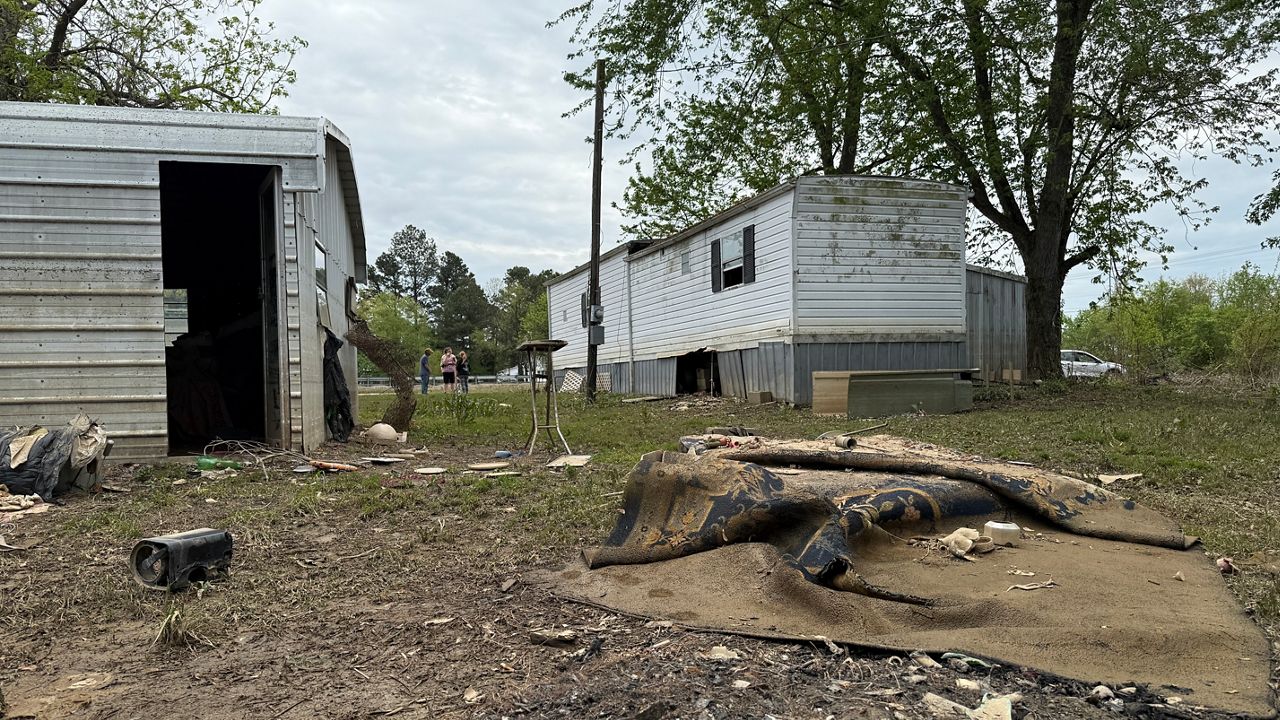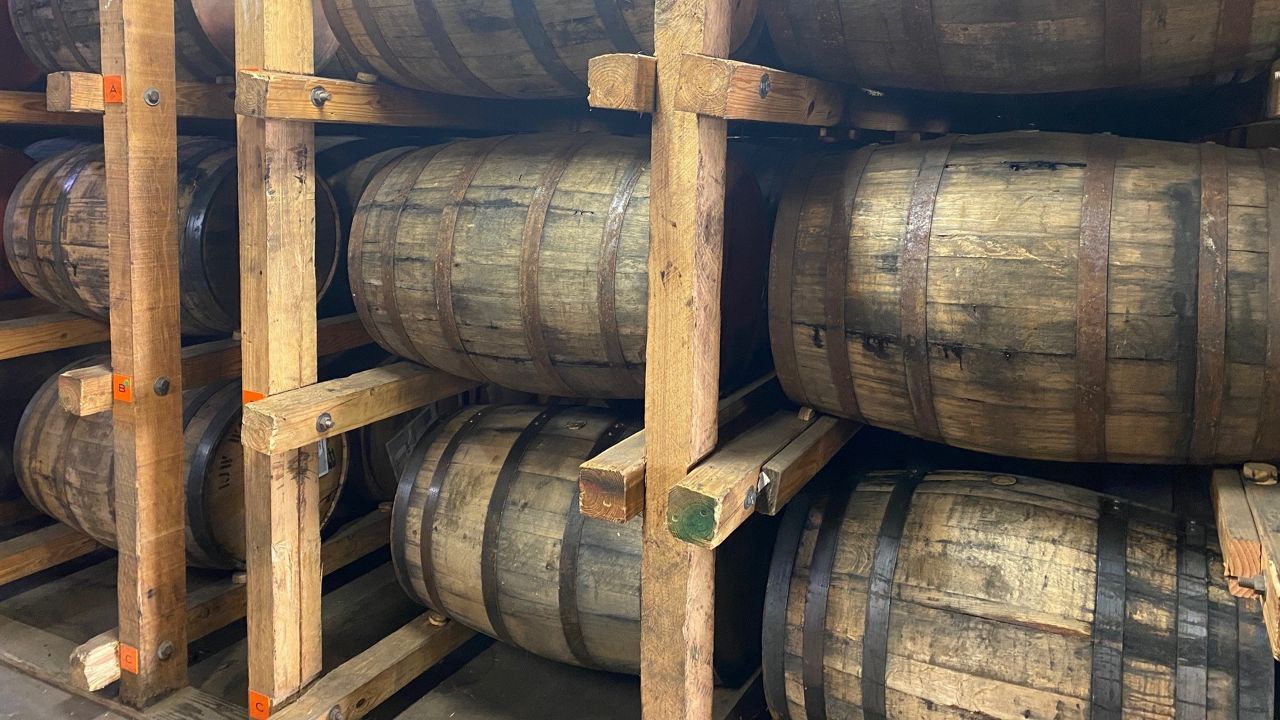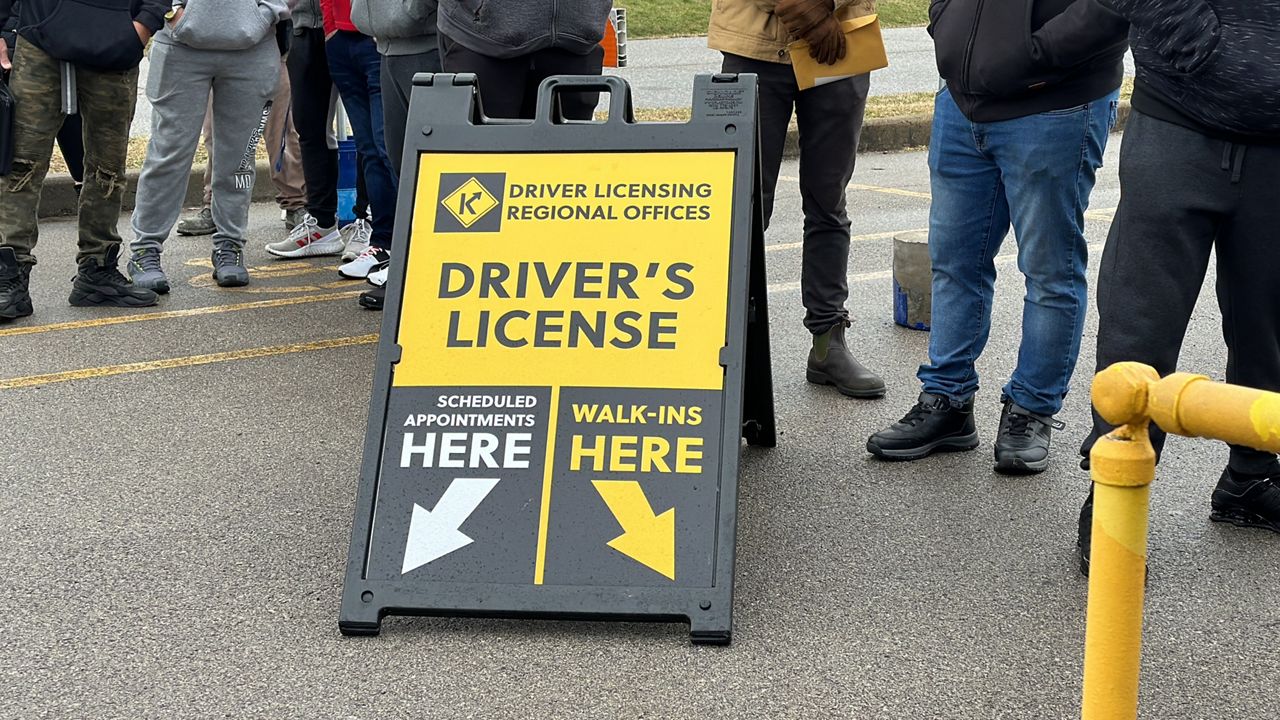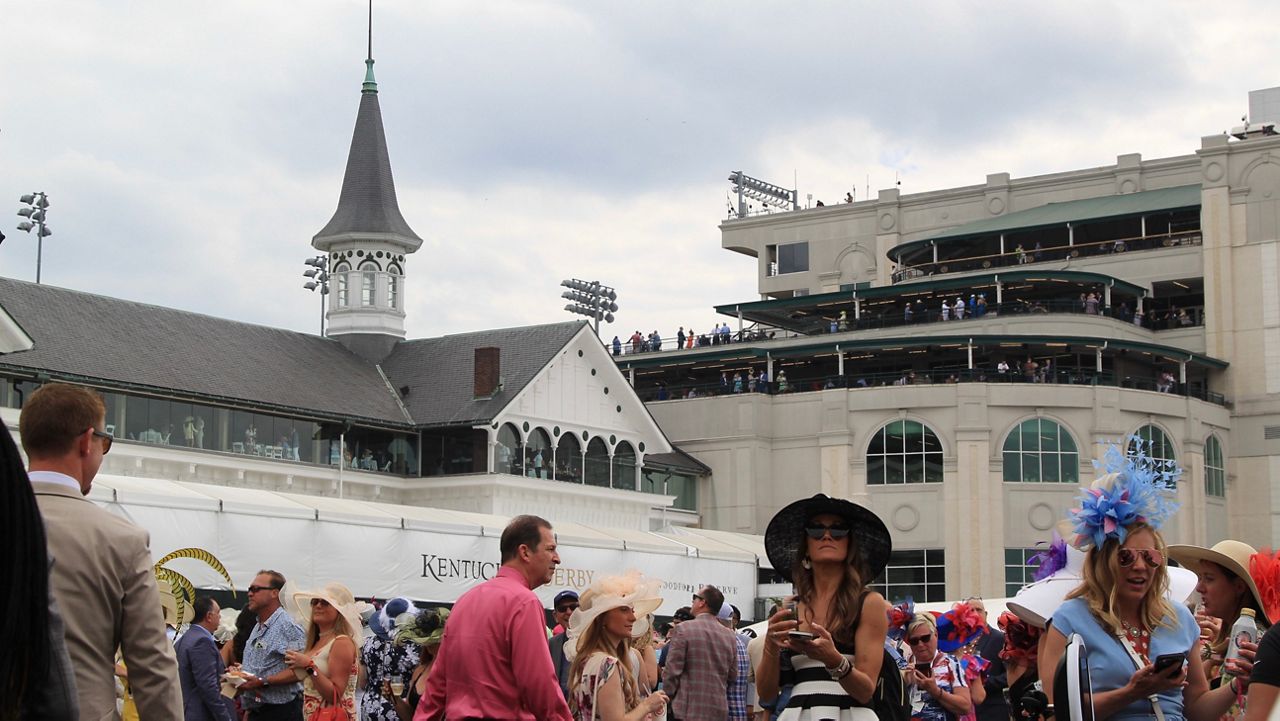LOUISVILLE — Roughly three million images that cover decades of Commonwealth history have a new home at the University of Louisville. The Courier-Journal and Bingham family have donated the paper’s entire photo archive to the university’s special collections department.
The collection spans the work of Courier-Journal photographers from roughly 1937 to the early 2000s when the paper switched to digital photography. Most of the works prior to that were lost in the Great Flood of 1937.
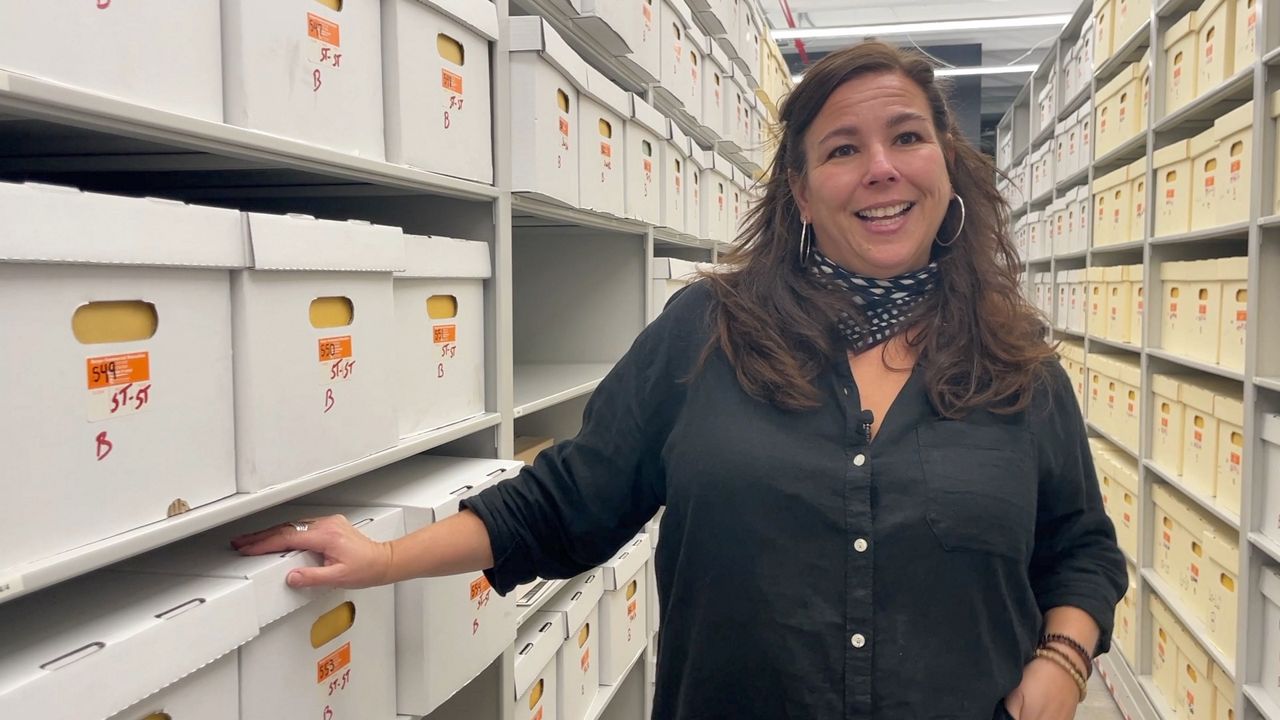
This summer, the university hired a moving company to transport around a thousand boxes of prints and photo negatives. The collection is currently spread across different parts of the Ekstrom Library. Work now begins to create a catalog of the entire collection, and determine what can and cannot be kept. “We are going through two people at a time, one person on a computer, one person pulling each box off the shelf and just reading out the title that’s on the first folder and the last folder of each box,” Elizabeth Reilly, curator of the photographic archive at the University of Louisville said.
Reilly explains anything not created by the Courier-Journal won’t be kept.
Indexing the collection, box by box, is expected to take a number of years to complete. Reilly says an archivist and team of students will handle this work. After that is complete, the collection will become available for researches to explore.
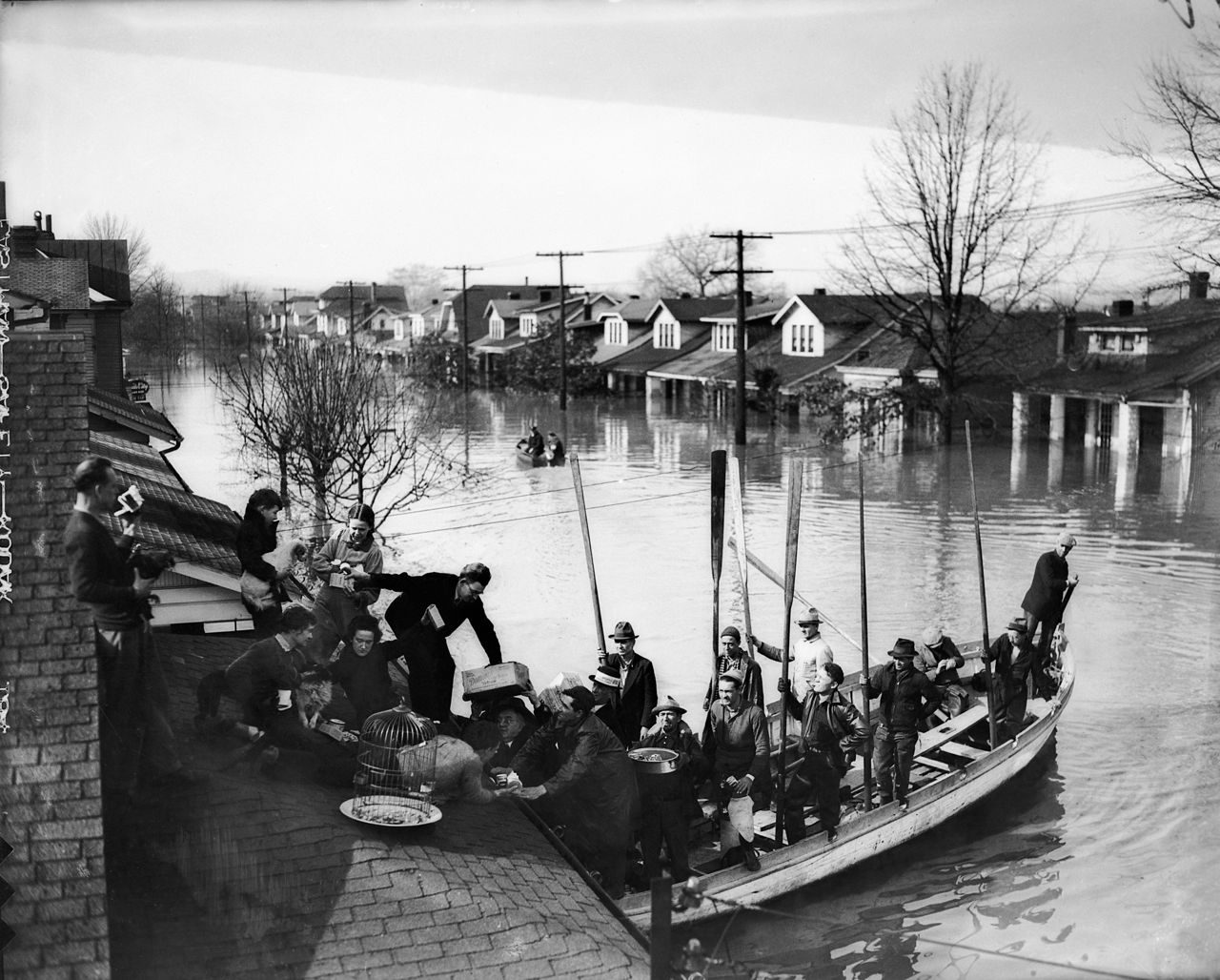
Much of the negative collection also contains images that were never published, and have not been accessible to the public until now.
Currently, the negative collection is being stored in a temporary location until a new climate-controlled storage room is completed.
“This is basically going to be a walk-in freezer,” Reilly said.A small portion of the collection has been published online as well. It features images of Brokers Tip’s iconic finish at the 1933 Kentucky Derby, the 1974 tornado outbreak and the 1980 UofL Men’s Basketball NCAA Championship win. These images were previously digitized by Courier Journal photographer Pat McDonogh.
Photos that were featured in the print versions of the paper are also planned to be available online eventually.
“It will be select and it won’t be complete collection because the process of digitizing is so time-consuming and resource intensive,” Reilly said.







